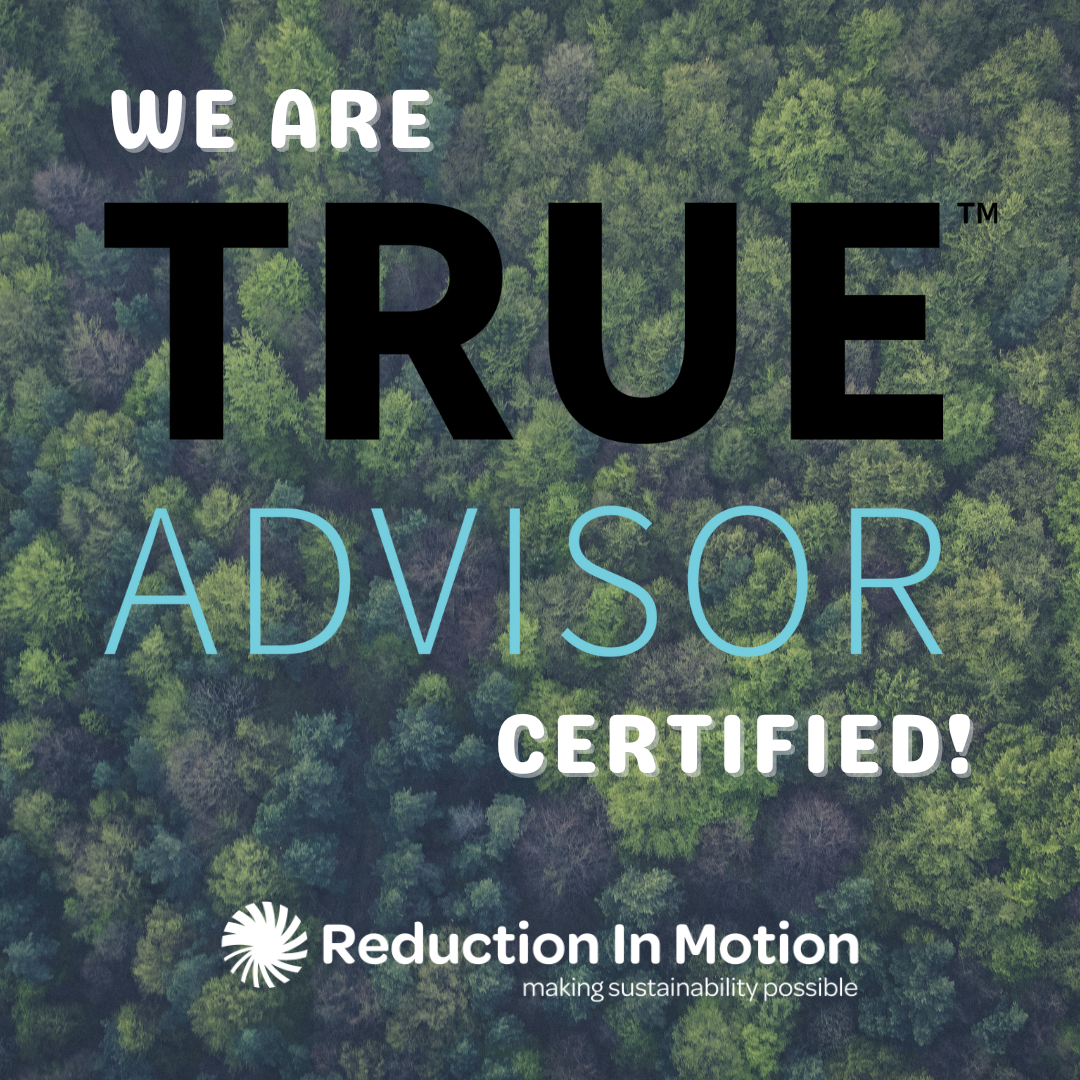The Pursuit of Zero Waste Maryland
The State of Maryland is serious about zero waste, evident by the release of the Zero Waste Maryland draft plan in April 2014.
Zero Waste means “designing and managing products and processes to systematically avoid and eliminate the volume and toxicity of waste and materials, conserve and recover all resources, and not burn or bury them. Implementing Zero Waste will eliminate all discharges to land, water or air that are a threat to planetary, human, animal or planet health” – According to the Zero Waste International Alliance
Recycling rates are calculated differently across the Nation, but Maryland is considered one of the leaders with a rate of 45.4%, according to MDE. However, the rate only accounts for material processed in the State and not that which is exported (predominately commercial waste handled through private hauling contracts which transport waste to other states for final disposal). In fact, Maryland is one of the largest exporters of waste at 43% and has one of the highest waste generation rates at 6.1 pounds per person (the national average is 4.38). Throw in that the State’s 24 existing landfills only have 36 years of remaining capacity (assuming current disposal rates), and one can see why the State is focused on finding solutions.
The Zero Waste Maryland plan aims to achieve an 85% waste diversion rate across the State by 2040, which would represent 8.6% of the total emission reductions needed to achieve a mandated 25% greenhouse gas emission reduction Statewide by 2020. The plan also believes “the expansion of business opportunities, job creation and siting of new facilities to recycle and reuse waste leads to an overall economic boost to communities” and cites research from the Institute for Local Self-Reliance that found “composting or mulching of organics employs more people on a per-ton basis than incineration or landfilling”. The study found composting generated 4.1 jobs per 10,000 tons of material versus 2.1 for landfilling and 1.2 for incineration.
The plan describes efforts underway and proposes a multitude of low-hanging fruit and progressive initiatives to be tackled. We’ve pulled out a few key objectives.
- The State has a plan to track business sector recycling through a 2015 pilot where processors will voluntarily report tonnages. If this doesn’t work, they will consider mandatory reporting.
- Plans from each County in Maryland on how they are going to achieve 20% (or 35% recycling if a population over 150,000) are due to MDE this month and must go into effect by December 2015. Previous recycling rates under the Maryland Recycling Act were 15% or 20% respectively.
- Operators of multi-family dwellings (10 or more units) will be required to offer recycling opportunities to their residents effective October 1, 2014.
- The State wants to balance the financial and physical responsibility for managing products at end-of-life from predominately local governments to producers, consumers and businesses. Extended producer responsibility systems are mentioned several times throughout the plan. These programs require producers to consider the entire life cycle of their products and could require alternations to materials to promote recyclability or producer-funded recycling programs.
- The path to Zero Waste is through universal recycling and composting opportunities for everyone. The State will work to expand recycling and composting markets by any means possible (incentives, subsidies, grants, tax credits, loan guarantees, low-interest loans, and cost-shares). They will gradually require haulers and operators to offer recycling and organics service and ensure proper separation of materials to final disposal. Over time, disposal bans will go into effect to ensure the required services are utilized.
- Organics is a major focus. A clearer regulatory pathway for composting facilities is already being developed and should be completed in 2014. A disposal ban on commercial and institutional organics from large generators could go into effect as soon as 2016. After establishing a market for composting facilities, the State would like to grow the market for anaerobic digesters.
- The Plan recognizes the need to target ‘difficult materials’. These include bulky items that take up disproportionate landfill space relative to their share of the waste stream, such as mattresses and carpet. Items that are economically or technically infeasible to recycle such as polystyrene foam are also targeted, as well as items frequently littered such as beverage containers and carryout bags. The forth classification of difficult materials are those that pose specific environmental or public health risks such as pharmaceuticals or mercury-containing products. To handle these materials, the Plan recommends disposal bans, extended producer responsibility programs, and mandatory recycling for key business sectors including requiring bars and restaurants to recycle beverage containers.
What’s this mean for you as a business owner?
Changes are coming. Start programs now at your own pace and direction, so that when the laws change, you’re ready to comply versus play catch up. Although the plan recognizes government outreach as a necessary tool, it also cites challenges with securing necessary funding to engage effectively. Call Reduction In Motion today and get started preparing for a zero waste future.
How can Reduction In Motion help?
Achieving zero waste requires more than purchasing recycling bins. A business needs to conduct a complete waste profile and flow assessment to design a successful waste segregation program. Gaps in a program such as employee training, inefficient equipment, or inadequate hauling contracts will cost a business time and money. Reduction In Motion will work with you to develop a comprehensive waste segregation program complete with policies, communications, training, equipment recommendations and data tools. We’ll then work with you ON-SITE to implement the program by conducting the training, guiding program deployment, engaging with vendors and tracking your data. Let us act as your insurance policy; making sure you meet the upcoming government regulations, while implementing best management practices and achieving industry-wide respect.

Our team of sustainability and waste consultants work together to develop content for our site. Contact us to learn more about something we’ve written about or would like us to focus on in the future.

